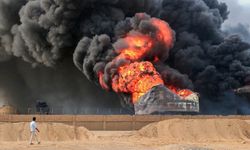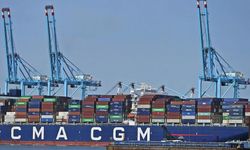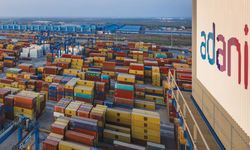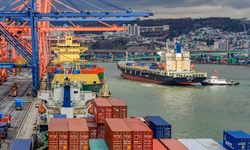The strike commenced despite employers' last-minute proposal of a nearly 50% wage increase. The White House has indicated that it will not intervene in the dispute. As a result, vessel congestion is already beginning at several U.S. ports along the eastern seaboard.
The situation is further exacerbated by an ongoing strike at the Port of Montreal, Canada’s largest eastern gateway.
The International Longshoremen’s Association (ILA) has expressed concerns about what it sees as unfair compensation practices in the shipping industry.
The union argues that longshore workers play a crucial role in maintaining the flow of American commerce and deserve better pay. According to the ILA, many foreign-owned shipping companies are profiting from U.S. ports while failing to compensate American workers adequately.
The union describes this as a "Make and Take" approach, where companies generate substantial profits from U.S. operations and move those earnings abroad.
ILA President Harold Daggett, in a recent post on social media, voiced frustration with overseas corporations, accusing them of prioritizing profit over the well-being of American workers.
Meanwhile, Danish liner consultancy eeSea reports that 260 container ships are expected to arrive at ports affected by the ongoing strike within the next week. The strike is anticipated to impact all types of merchant vessels, with growing vessel queues expected along the U.S. East Coast.
Tracking data shows ships anchored near the port of New York and New Jersey over the past 24 hours.






